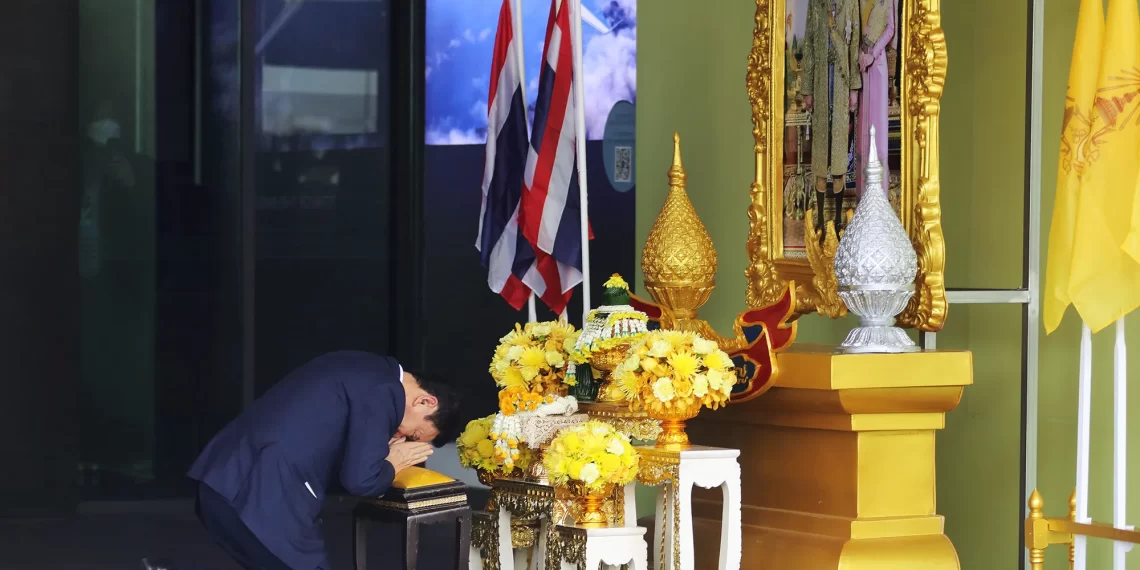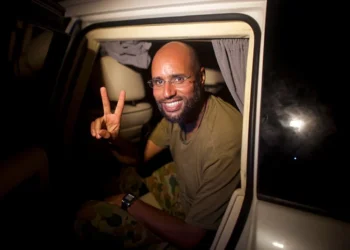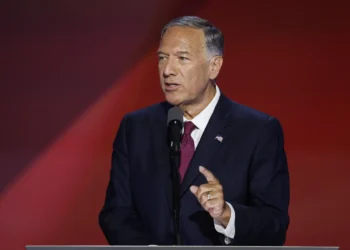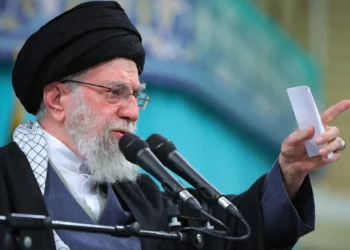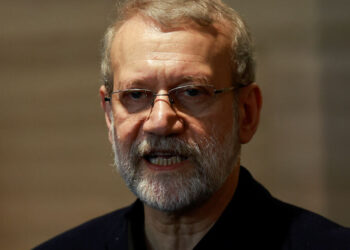BANGKOK (Realist English). Thaksin Shinawatra, once the defining force of Thailand’s populist politics, is watching his decades-long political empire crumble. After returning from 15 years in exile in 2023 and forging a controversial pact with the royalist establishment, Thaksin’s influence is rapidly fading—undermined by legal setbacks, coalition fractures, and the rise of a new pro-democracy generation.
The decline of the 75-year-old telecom tycoon and former prime minister comes at a time of deep political and economic uncertainty. His daughter, Paetongtarn Shinawatra, was suspended as prime minister last week by the Constitutional Court over alleged ethical misconduct, just months after forming a fragile coalition government. Meanwhile, Thaksin himself faces fresh criminal charges, including defamation of the monarchy and questions over whether he served his commuted jail sentence for past corruption.
Critics argue Thaksin’s political downfall was self-inflicted. By partnering with the same royalist forces that ousted him in a 2006 coup, he alienated the very youth-led pro-democracy movement that had once seen the Shinawatra family as symbols of resistance. “No one has destroyed Thaksin except Thaksin himself,” said Jatuporn Prompan, a former ally now leading protests against Paetongtarn. “He became part of the elite.”
Thaksin’s Pheu Thai party, once dominant, has been eclipsed by the People’s Party, a reformed version of the disbanded Move Forward movement. They now lead in opinion polls ahead of the next general election, due by 2027.
Despite promising a return to political normalcy, the establishment deal has only deepened Thailand’s institutional malaise. The country’s democracy has long been trapped in cycles of coups, court rulings and constitutional rewrites. With around 20 constitutions since 1932 and repeated military interventions, elected leaders are often sidelined before completing their terms.
Thaksin’s political saga—marked by mass protests, exiles, and elite power struggles—mirrors Thailand’s broader instability. His legacy includes signature populist policies that once uplifted rural communities, as well as bitter polarization that left the country politically fractured. But today, it is a younger, more ideological generation pushing for reforms of the monarchy and genuine democratic accountability.
Ironically, Thaksin’s attempt to return from exile and secure a legacy has brought him full circle: once a defiant outsider, he now risks becoming a footnote in a new political chapter shaped by those he failed to champion. As Parit Wacharasindhu of the People’s Party put it: “The best way to check politicians isn’t less democracy — it’s more.”


